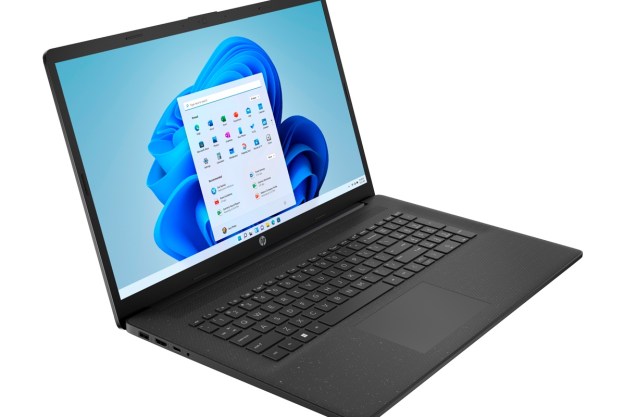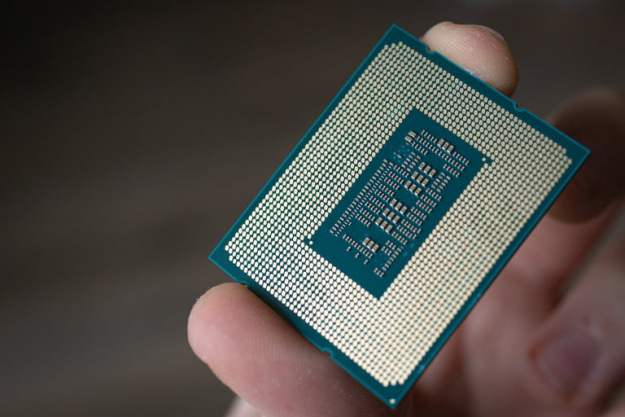Here’s a no-brainer: If extraterrestrial beings have the technology to cross the vastness of space without suffering the physical, mental, and time-related effects, then they would undoubtedly have no problem hacking our computers once they arrived. But even if this alien race never departed from their homeworld and merely sent us a message instead, “decontaminating” the transmission and understanding its contents would be nearly impossible and even highly dangerous, indicates a recent report.
The underlying problem is the infinite unknown. While SETI searches the skies for extraterrestrial intelligence, the sender won’t always be the peaceful, happy-hearted beings from Steven Spielberg movies. Instead, we could be the recipient of a transmission from a Predator-like civilization that pinpoints our location and leads to an Independence Day-type visit. We just don’t know who or what is out there and listening.
“There are several possible threats from an ETI message. On the most basic level, a message might represent a statement like, ‘We will make your sun go supernova tomorrow,'” the report states. “True or not, it could cause widespread panic. More realistically, a longer text could have a demoralizing cultural influence.”
But what if the message was bigger and contained data? If a single isolated PC contained the message, then whatever possible malicious intent is contained. Even more, scientists could print the data for further investigation, and destroy said data as a precaution. But even if that PC continued to receive the same message, the data would still remain isolated. The scary aspect is when multiple PCs receive the extraterrestrial transmission, such those residing in every household.
Although messages could in theory be printed on paper, a computer is likely required to figure out its contents. That is because these messages could contain equations, algorithms, and so on that humans can’t examine manually. The message could also be compressed to increase interstellar data transmission speeds, thus a computer is a must to decompress the data like a ZIP file. Because of the possible contents, the PC opening the letter must not have network and/or internet access.
In one scenario, extraterrestrials could send a message with a hidden “zipped” artificial intelligence. Humans may place this received message on a PC surrounded by nukes on the surface of the moon. Even in this isolated environment, the A.I. — released remotely from Earth — could take control of the PC, disable all safety precautions, and make its way down to our planet to spread across the global network.
In another scenario, the “caged” A.I. could make a deal with scientists to acquire freedom, such as offering a digital blueprint for cancer-eating nanobots. Taking the bait, the A.I. would be freed and humans would build these nanobots, releasing them into the world not knowing how they work, or their malicious Earth-conquering intent.
The bottom line is, humans shouldn’t translate any code received from space, nor should we transmit code. Music and images are enough to serve as a galactic Boov-style party invitation … or a challenge, depending on the recipient.


